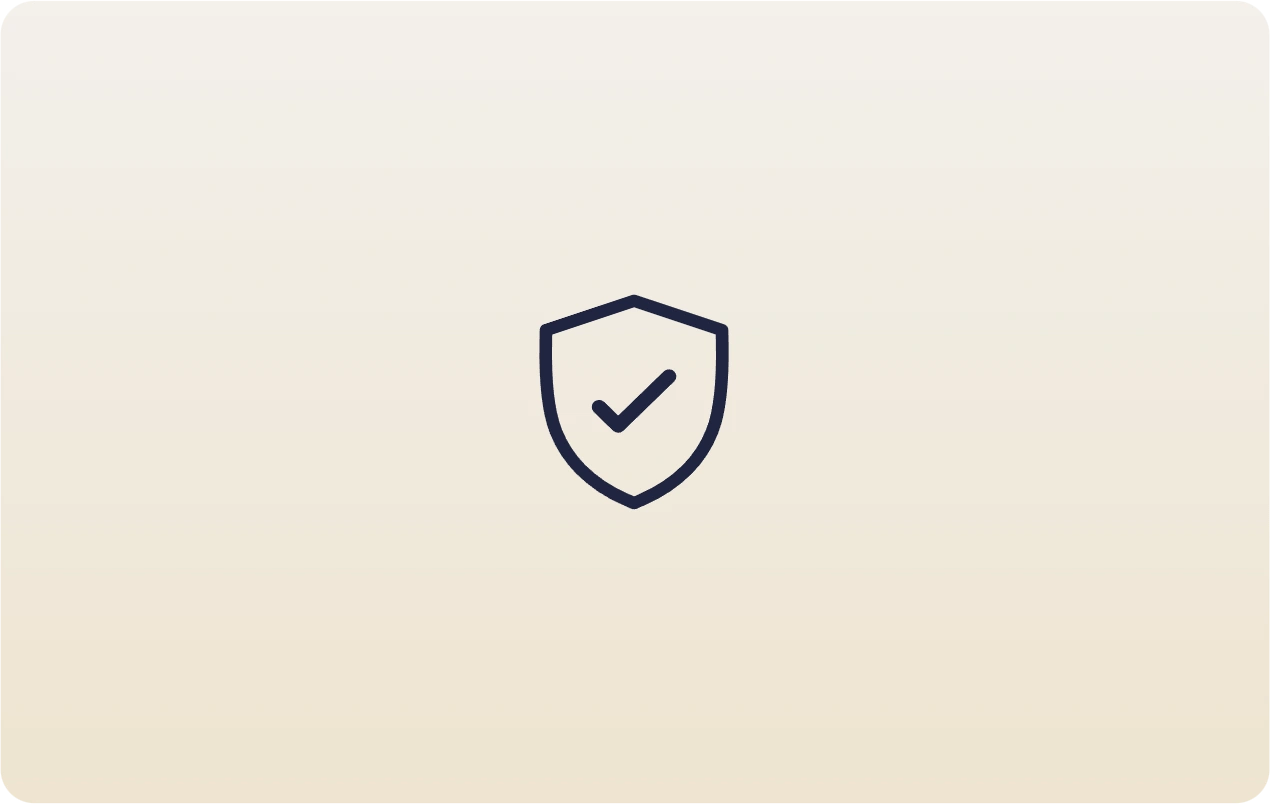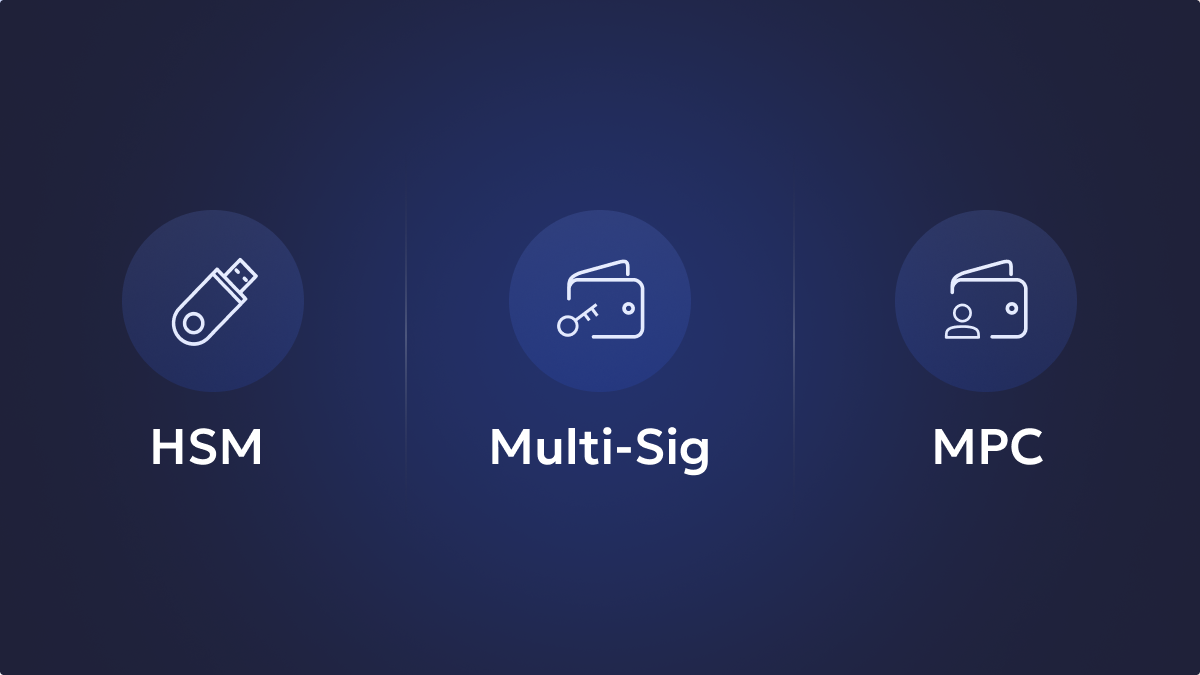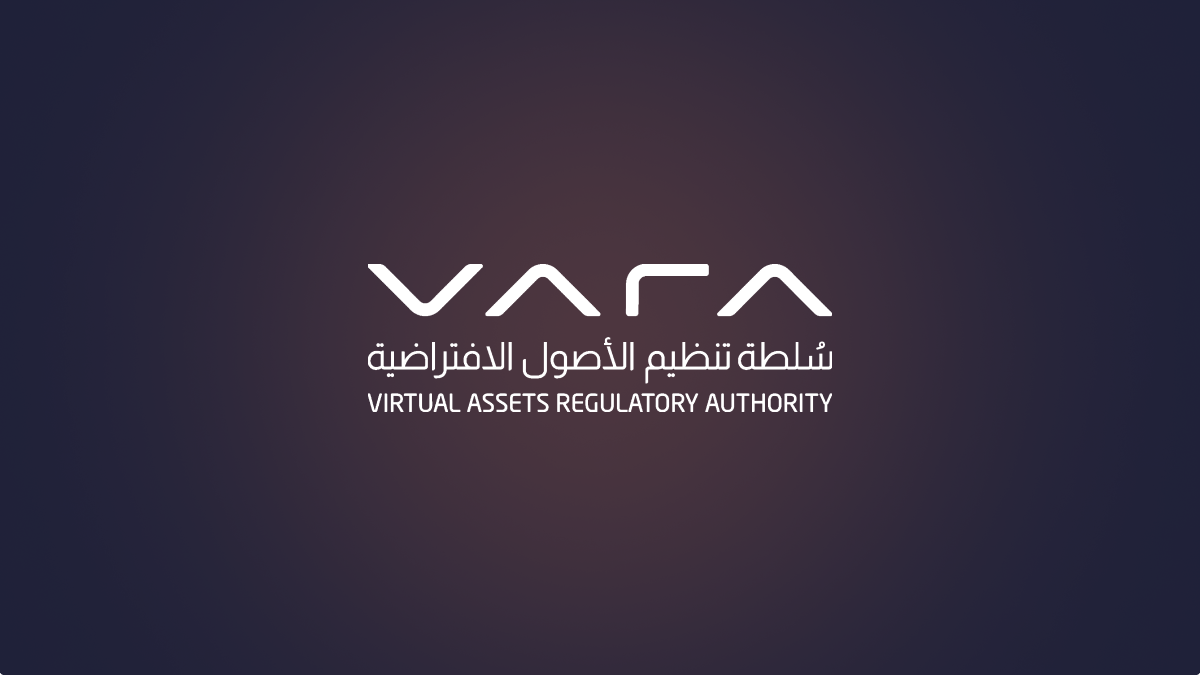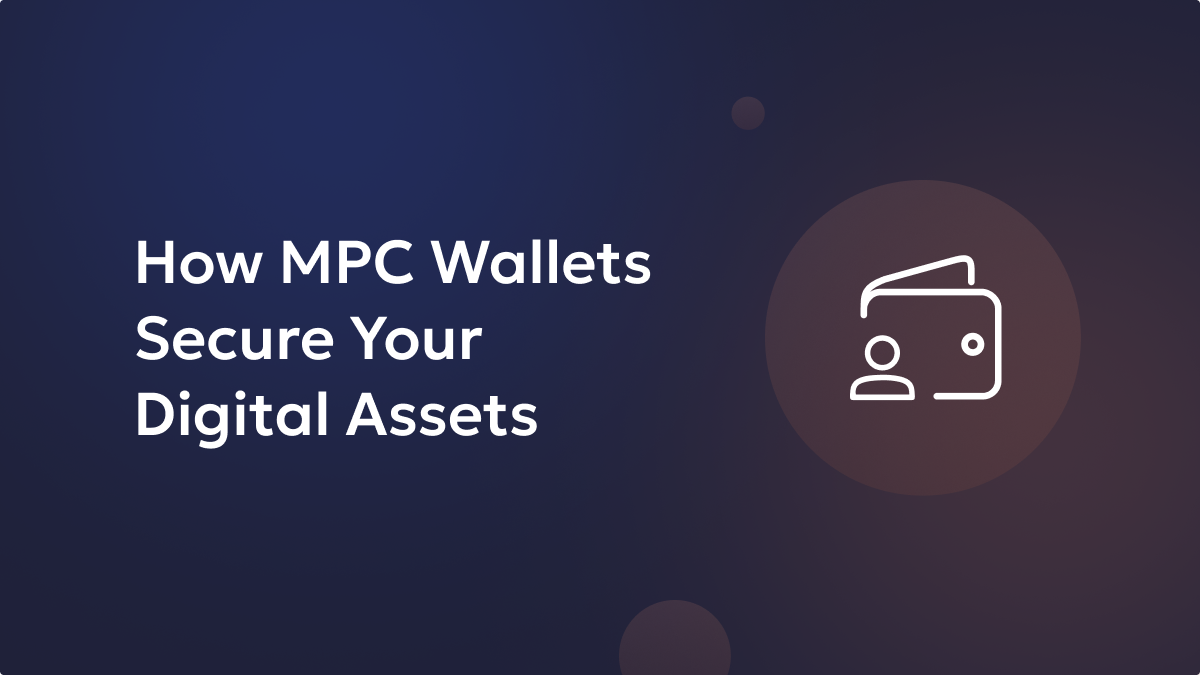With the growing adoption of cryptocurrency, it is becoming more and more evident that crypto is here to stay, and everyone needs a part of it. However, there lies a vulnerability to unpredictable threats beyond passive incomes, high returns, and diversified portfolios. This is why a part of your future will also depend on the security measures you take today.
Why do you need crypto security?
Given that everyone wants to feel secure, especially when it comes to their hard-earned money. The answer to the above question may seem to be very obvious: you need it because you do. But the extent of security here can only be realized after you see what happens if you are not secure.
Past midnight of January 17th this year, risk monitoring systems of the well-known exchange platform “crypto.com” detected unauthorized activity. And in no time, assets worth $34 million were stolen. Another very similar incident happened on March 22nd this year; the Lazarus group siphoned around $625 million from Ronin Bridge.
Unlock the potential of digital assets for your institution
Lately, various platforms, including Multichain, Qubit, Fei Protocol, etc., have been low-hanging fruit for malicious groups/individuals. Besides, just in seven months of 2022, cyberattacks have resulted in the theft of cryptocurrencies worth $1.9 billion.
So, if you do not rush for security now, when will you? Anyways, you do not need to run anywhere else; just continue reading this blog.
It is usually advised to evaluate the danger before taking any action. In this light, let’s answer the next question.
How do you lose your funds?
Typically, your funds are in three places, and you need to be aware of the potential disruptions in each of these places:
Secure and manage your digital assets with Liminal
Firstly, when your funds are at a Centralized Exchange or Custodian
Crypto exchanges can turn out to be a very convenient place to keep one’s crypto holdings, particularly for inexperienced crypto investors. Although, if an exchange is severely hampered by an unforeseen event, your prospects of getting your money back can be minimal to none. Such incidents include-
- Hacks: The recent hacks on AscendEX, Fei Protocol, Cashio, etc. indicate not much has changed since one of the first major hacks, which occurred in 2011 on Mt.Cox. You will be surprised to know that the majority of breaches are the result of poor management and a lack of exchange security. These reasons are like getting pickpocketed at a subway.
- Business Losses/Bankruptcy: In the event of bankruptcy, you will probably be at the exchange’s mercy while it settles its fees. In case you think Bankruptcy is not quite often, Voyager Digital, a Canadian cryptocurrency broker and lender, was recently compelled to file for Chapter 11 bankruptcy. Similarly, a few days later, a lending platform Celsius, also began Chapter 11 bankruptcy proceedings.
- Software Malfunction: Exchanges invest millions of dollars in the infrastructure to prevent any glitches, but investors still encounter problems due to outages. For instance, In October 2021, a large-scale order was performed incorrectly without a buyer on the other side of the deal. It happened due to a software error with one of the institutional traders registered on Binance. This led to a decrease in Bitcoin pricing at Binance for US customers to $8,000.
- Government freezing the funds: While the government and cryptocurrency exchanges assess how compliances have changed the crypto ecosystem, regulations and policies are constantly evolving. This has led to several incidents where exchanges like Wazirx and CoinDCX had to freeze their funds.
- The sudden demise of your loved one without any nominee/beneficiary: Cryptocurrencies are decentralized, which means they aren’t issued by a central bank or government. So unless you have the credentials to unlock your deceased loved one’s account, it is almost impossible for anyone to assist you in inheriting their funds. If you believe it does not matter for small holdings, research the estimated price of a 1/10th Bitcoin 30 years from now.
Secondly, when your funds are in the DeFi ecosystem
With new decentralized and non-custodial financial services being offered frequently, the DeFi industry is a hotspot of innovation. If you consider Web3 as the future of the Internet, then indeed, DeFi is its new financial ecosystem. Nevertheless, every DeFi investment entails a number of risks like
- Hacks: A database of cyber-attacks shows that until now, frauds, hacks, and exploits have cost the DeFi protocols a total of $4.75 billion. Out of which, only $1 billion was repaid. The biggest of such attacks were on platforms like Poly Network, Wormhole, etc. The core reasons behind such hacks are mostly three Developer Incompetence, Coding Mistakes, and Misuse of Third Party Protocols.
- Rug Pull: It occurs when developers create a token linked to a valued cryptocurrency like ETH, list the token on decentralized exchanges (DEXs), and then withdraw all the funds once the investor buys in. A rug pull token could go from 0 to 100X in just a few hours. This tactic aims to increase FOMO, which encourages more people to buy tokens. The polygon-based yield aggregator Blur Finance is a recent example of rug pull. It allegedly vanished with crypto coins worth $600,000 from its Polygon and BNB Chain contracts.
- Smart Contract Vulnerability: DeFi is a cutting-edge financial instrument since it is programmable and compostable. However, if a contract is launched with bugs and gaps in the code, the entire ecosystem is exposed, which could result in a substantial monetary loss. Although some prominent incidents, like Ethereum getting affected, have led to the regular occurrence of audits and peer reviews. There is still no assurance that there won’t be any further problems with the smart contract codes.
- You die, and no one knows how to access funds: Cryptocurrency owners frequently overlook inheritance planning, which can have major effects like losing all assets or being permanently inaccessible.
Lastly, when your funds are with you-
In the world of cryptocurrencies, the saying “Not your keys, not your coins” is popular because it’s true. But keeping your keys comes with a lot of responsibilities, and if you don’t follow them, you could lose your money in a number of ways, including-
- Insecure Wallet Practices: Immutability is one of the most revolutionary features of blockchain technology, but it also implies that mistakes cannot be corrected. Hence, every big or small practice matters. Like, connecting your wallet to a DApp that you do not trust or not double checking before transactions can make you lose your money.
- Inappropriate Setup: Setting up non-custodial wallets can be complicated and overwhelming. Besides, you are entirely responsible for keeping track of your private keys and upholding security precautions to keep your funds safe. There are no exceptions; if you forget/lose your private keys/seed phrase, which is common, you won’t be able to access your cryptocurrency.
- You die, and no one knows how to access funds: Having a will can assist in informing your family of the cryptos you hold, but it won’t assist them in gaining access to it without the private key and recovery phrase. Due to this, your funds will never be transferred to your family members if you have not chosen to use crypto inheritance services.
What does crypto security mean, and how it protects you against such losses?
Crypto Security encompasses majorly of two fundamentals “Reduce Attack Surface and Improve Defence.” These two fundamentals are like wearing a helmet/seatbelt and following the traffic rules while you are driving. However, you need to remember that security is not a one-stop destination; instead, it’s a journey. The more you travel with your seatbelts/helmets abiding by the rules, the more secure you will be.
Your security starts with you-
You are the first line of defense for your security. So start by taking simple and crucial steps like never logging in through your email, using Password Manager, enabling Two Factor Authentication, and maintaining separate browsers for personal, professional, and crypto trading usage.
Do you know that phishing causes more financial losses than hacking does? It is, therefore, essential to do extensive research and verify before trusting. Always keep in mind that “If it’s too good to be true, it is not true.”
Furthermore, keep a hardware wallet or a separate offline wallet like Trezor or Leger. They offer additional security and protection from outside threats as they are only linked to the internet when in use. You can hold multiple cryptocurrencies in such devices, and they can never be compromised with computer viruses.
Once you are done with these setups, ensure backup and recovery actions are planned. It’s like making sure your harnesses are put on correctly you go bungee jumping. Additionally, with an inheritance plan, you can live peacefully, knowing that your loved ones will be safe and content.
Let’s move on to the final segment of this blog now.
How to secure your assets when they are at Centralized Exchange or Custodian?
When your coins are at a Centralized Exchange or a custodian, start with basics like:
- Enable two-factor authentication: It is a method of authenticating yourself to a device or service that requires two different factors. This makes sure that you have the most robust protection against account abuse and crypto theft.
- Whitelist the addresses: Withdrawal address whitelisting is a security feature most crypto exchanges offer to safeguard your crypto assets. It generally means that a crypto wallet address must be approved in advance. This feature safeguards you against unwanted cryptocurrency transfers made by mistake and account compromise.
- Setup a nominee: You either put it off or don’t believe it’s necessary enough to fill out the extra two pieces of needed information. However, by submitting a nomination, you can safeguard the interests of your loved ones, who will stand to gain from your investments in the event of your demise.
- Asset Allocation: It is always advised never to put all your investment eggs in one basket as it reduces the overall volatility. You can diversify by market capitalizations, regions, and multiple cryptocurrencies of different applications. It will distribute your assets in accordance with your objectives, level of risk tolerance, and investment horizon in order to balance your risk and reward.
- Portfolio Outside Exchange: Similar to a stock market for stocks, the majority of today’s cryptocurrency buying and selling occurs through an exchange. Even though it is convenient, you should also look to diversify your investment outside the exchange. For instance, you can opt DeFi ecosystem to stake, loan, or deposit in a pool. It will not only bring more security but will also generate passive income.
Even though Crypto Security still needs to advance with standards and strong systems.
Every little step you take counts. Remember, hackers are waiting for you to make foolish mistakes. And understanding the concept of securely trading cryptocurrency will stop you from making that mistake. Keep yourself updated and discover new potential by exploring the world of crypto security.
Learn more about Liminal here.
Become #LiminalSecure today, and do not forget to follow our blog and social media channels to keep yourself updated.






